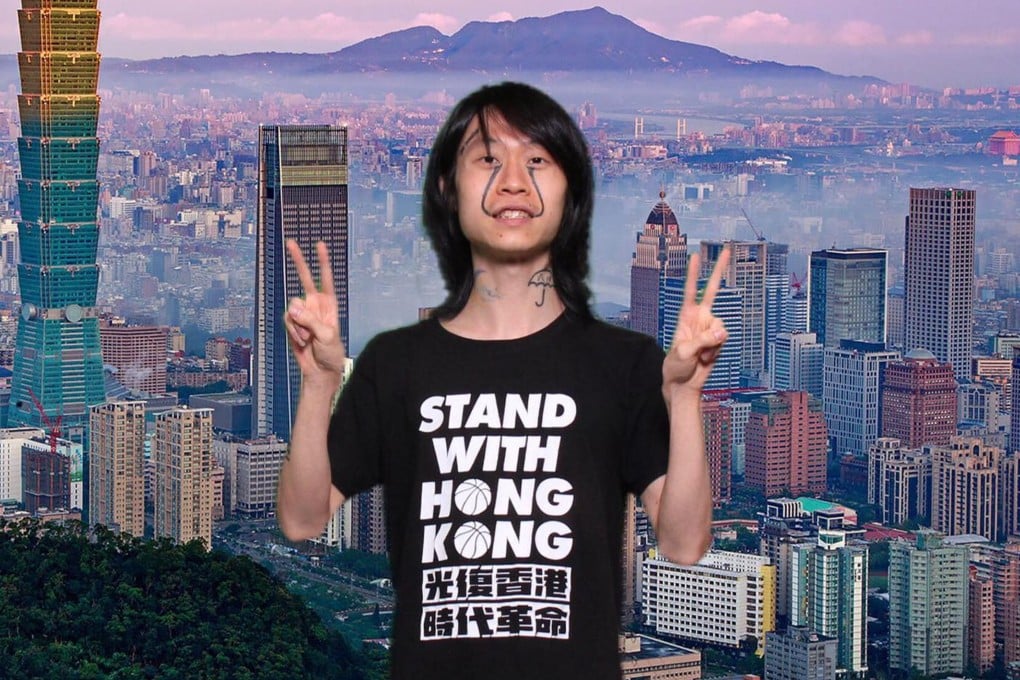
Chu Kai-pong
Chu Kai-pong is a 27-year-old Hong Kong resident who became the first person convicted under the city’s new Article 23 national security law. In June 2024, Chu was arrested for wearing a T-shirt bearing the slogan "Liberate Hong Kong, revolution of our times," a phrase prominently used during the 2019 pro-democracy protests. The arrest took place at an MTR station, where Chu was also wearing a yellow mask that displayed the acronym “FDNOL,” representing "five demands, not one less," another slogan tied to the protests.
Chu was charged with “doing acts with seditious intent” under the new Article 23, which significantly broadened the legal definition of sedition. He pleaded guilty to the charge in court, admitting that he wore the T-shirt to remind people of the protests. Chief Magistrate Victor So, appointed by the Hong Kong government to handle national security cases, oversaw the trial. Chu's sentencing is scheduled for later in 2024.
Hong Kong’s national security law was first introduced by Beijing in 2020 in response to the large-scale protests that engulfed the city the previous year. The law targets acts of secession, subversion, terrorism, and collusion with foreign forces, and has led to the arrest of numerous pro-democracy activists, journalists, and former politicians. In March 2024, Hong Kong passed a second security law, Article 23, which is seen as a homegrown counterpart to the national law. Article 23 expands the colonial-era offense of sedition, and critics argue that it allows authorities to target individuals for inciting dissent against the Chinese Communist Party.
Chu’s case has drawn international attention, with critics, including the US government, expressing concern over the broad application of these security laws and their impact on free speech and civil liberties in Hong Kong.
Stichworte







